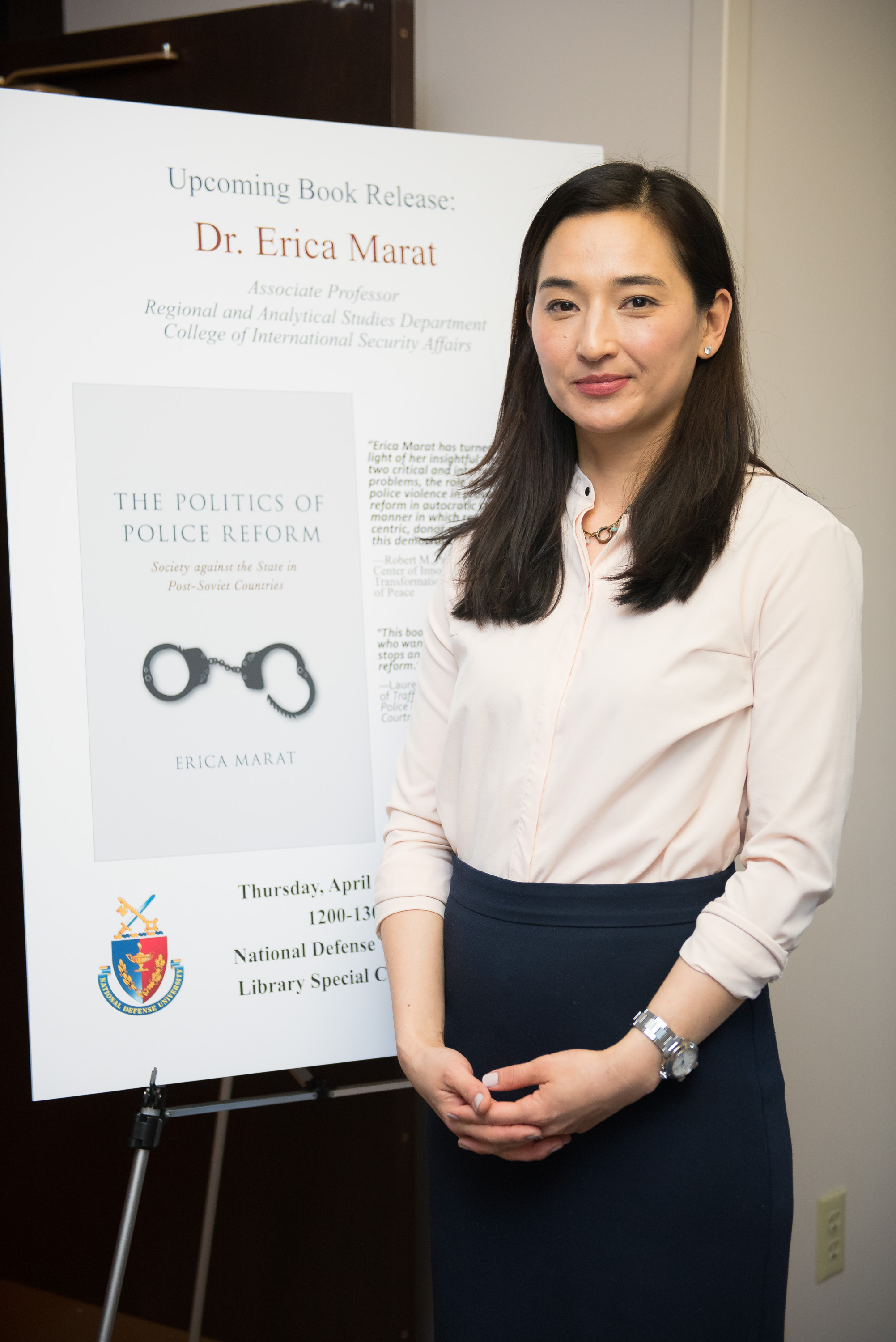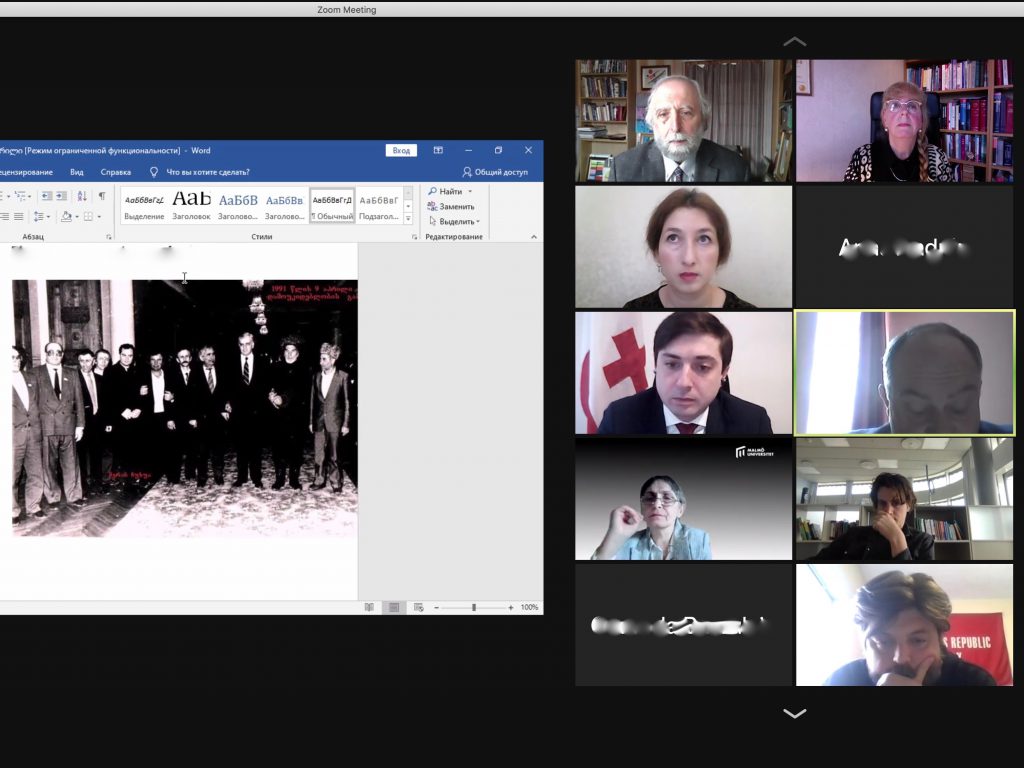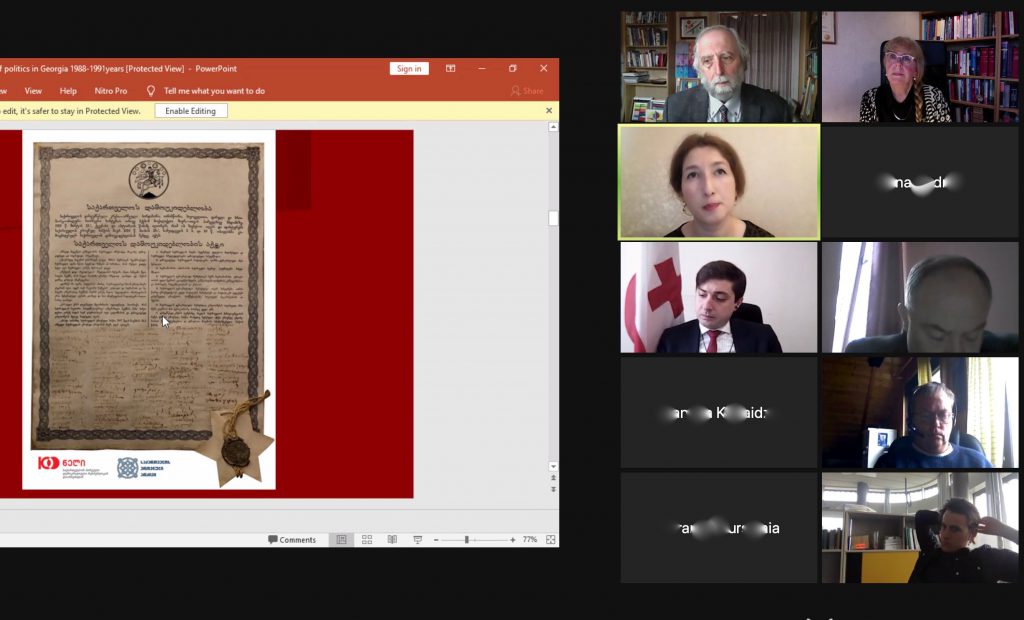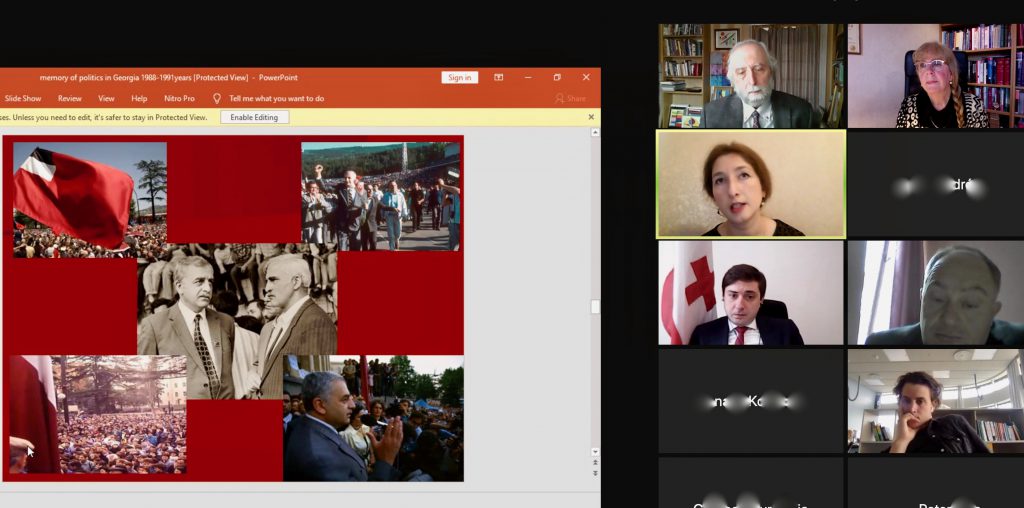I ett samarrangemang med Norsk Utenrikspolitisk Institutt (NUPI) bjuder RUCARR in till ett Zoom-seminarium 9 november på temat: ”Säkerhetspolitik i Sydkaukasien”.
Seminariet äger rum online genom Zoom. Förhandsregistrera dig här för att kunna ansluta. Diskussionen kommer att hållas på svenska. Seminariet stöds av Tidsskriftforeningen/Fritt Ord och utgår från en temasektion som tidskriften Nordisk Østforum publicerade i september 2020:
Sydkaukasien betraktas ofta som en krutdurk. Regionen innehåller tre stater (Armenien, Azerbajdzjan, Georgien) men också tre icke erkända ”stater” (Abchazien, Nagorno-Karabakh, Sydossetien) som förlitar sig på stöd utifrån. Bland de externa intressenterna har både Ryssland och EU liksom Turkiet en framträdande roll, vilket de senaste veckornas stridigheter i och kring Nagorno-Karabach illustrerar. Detta regionala säkerhetskomplex är ämnet för dagens seminarium. Paneldeltagare från FOI, Malmö universitet och Uppsala universitet kommer att dela med sig av sin kunskap om Kremls intressen i Kaukasien, EU:s påverkansmöjligheter samt den svåra geopolitiska balansgång som lokala aktörer står inför.
Program
10:00-10:05 Moderator Christofer Berglund hälsar välkommen
10:05-10:35 Paneldeltagarnas presentationer
10:35-11:00 Diskussion och frågor från åhörarna
Paneldeltagare
Jakob Hedenskog arbetar på enheten för säkerhetspolitik, Totalförsvarets forskningsinstitut (FOI). Han specialiserar sig på rysk utrikespolitik och länderna i Rysslands närområde.
Michel Anderlini är doktorand på Institutionen för globala politiska studier, Malmö universitet. Hans avhandlingsprojekt handlar om relationen mellan EU och Georgien.
Per Ekman är doktorand på Statsvetenskapliga institutionen, Uppsala universitet. Hans avhandlingsprojekt handlar om utrikespolitiska strategier i Ukraina och Georgien.
Li Bennich-Björkman är Skytteansk professor i statskunskap, Uppsala universitet. Hon leder ett VR-finansierat forskningsprojekt om säkerhetspolitiska perceptioner i Sydkaukasien.







 Welcome to the RUCARR zoom seminar on February 9, 15.15.
Welcome to the RUCARR zoom seminar on February 9, 15.15. Prof. Stephen Jones, Mount Holyoke College (US) will give a seminar on his current research on the First Democratic Republic of Georgia (1918-21) and its significance to the history of European social democracy.
Prof. Stephen Jones, Mount Holyoke College (US) will give a seminar on his current research on the First Democratic Republic of Georgia (1918-21) and its significance to the history of European social democracy. You are invited to attend the RUCARR online seminar on October 6 The Caucasus in the Post-Covid Multi-Polar World with Dr. Lincoln Mitchell, affiliated to Arnold A. Saltzman Institute of War and Peace Studies, Columbia University (bio below).
You are invited to attend the RUCARR online seminar on October 6 The Caucasus in the Post-Covid Multi-Polar World with Dr. Lincoln Mitchell, affiliated to Arnold A. Saltzman Institute of War and Peace Studies, Columbia University (bio below).




